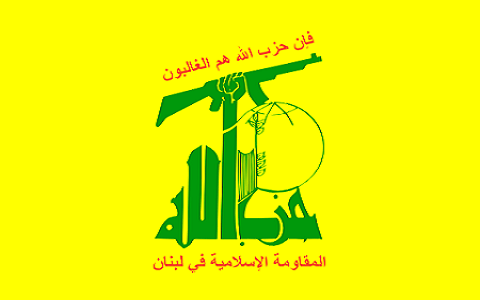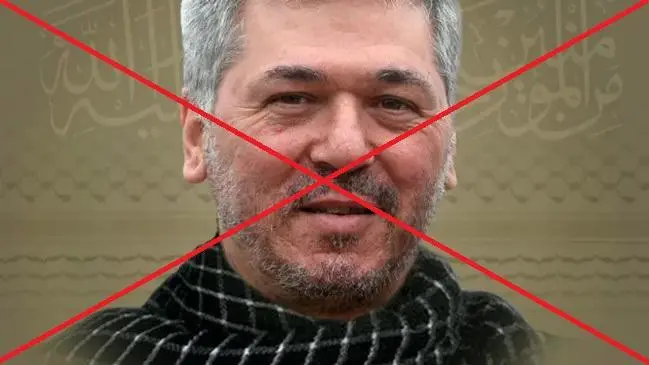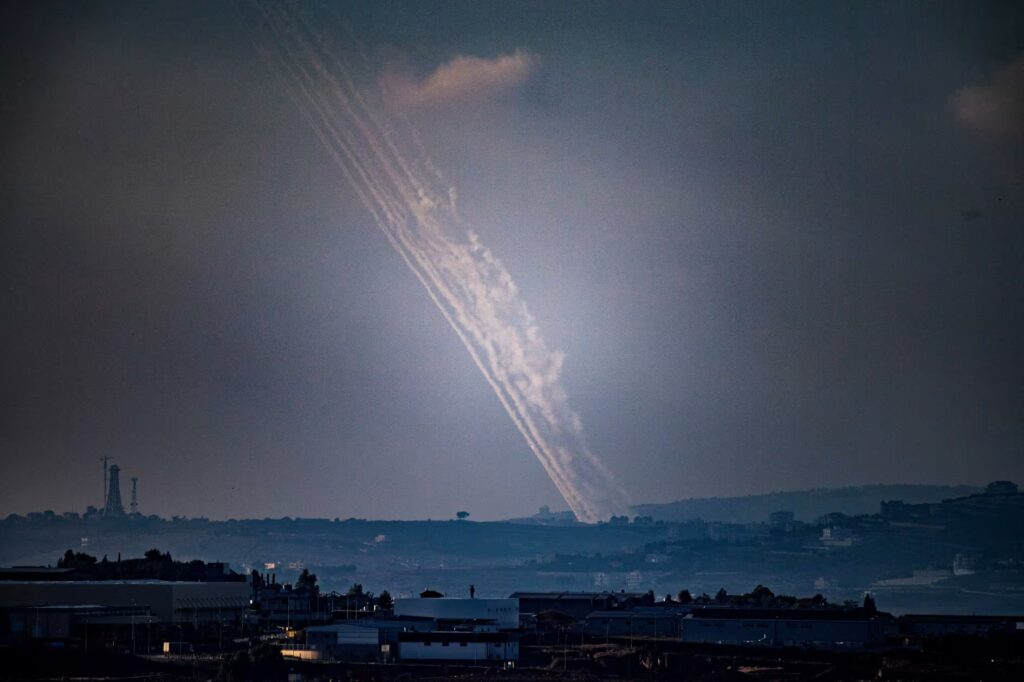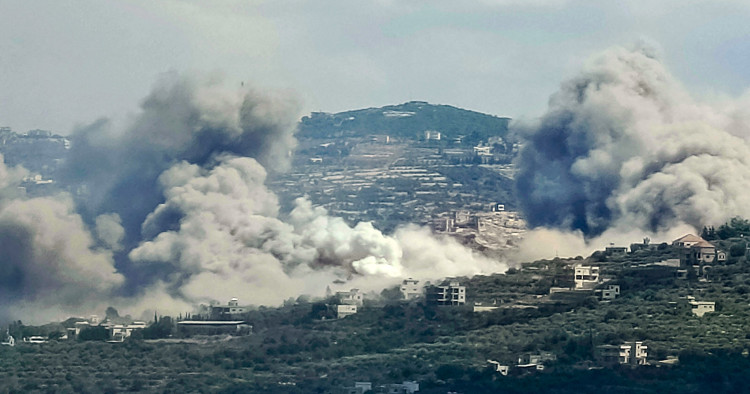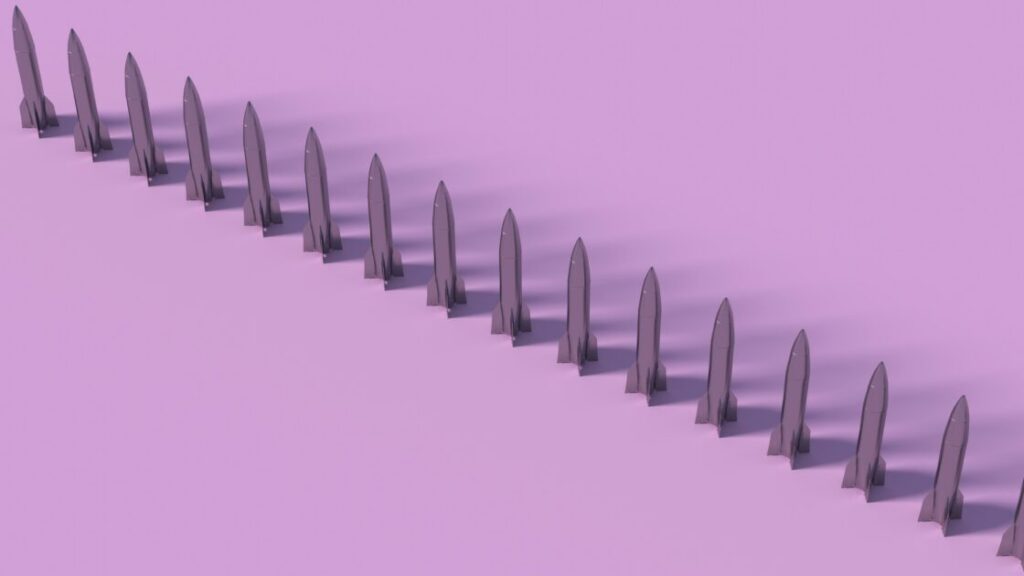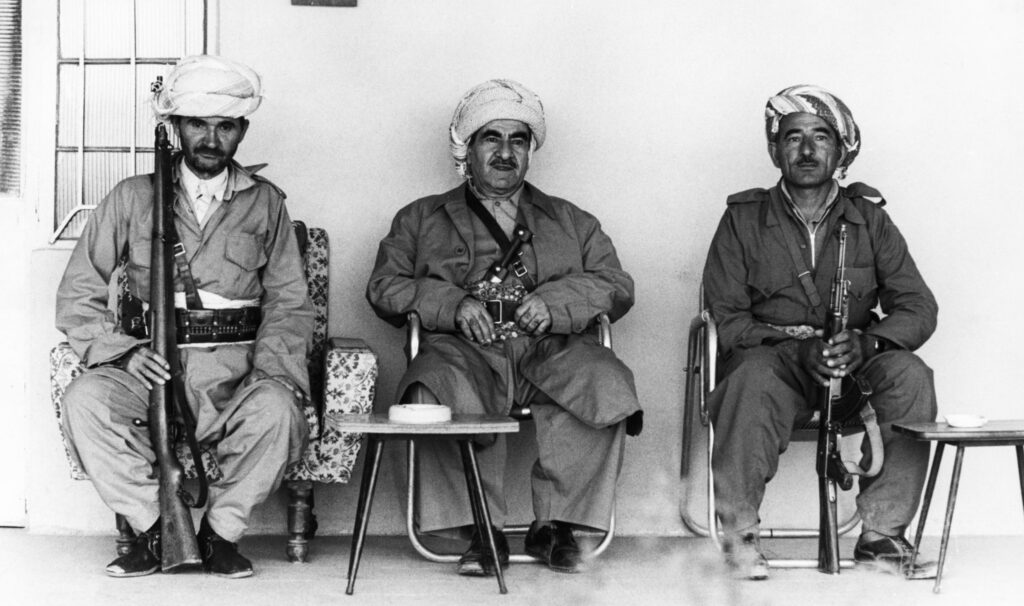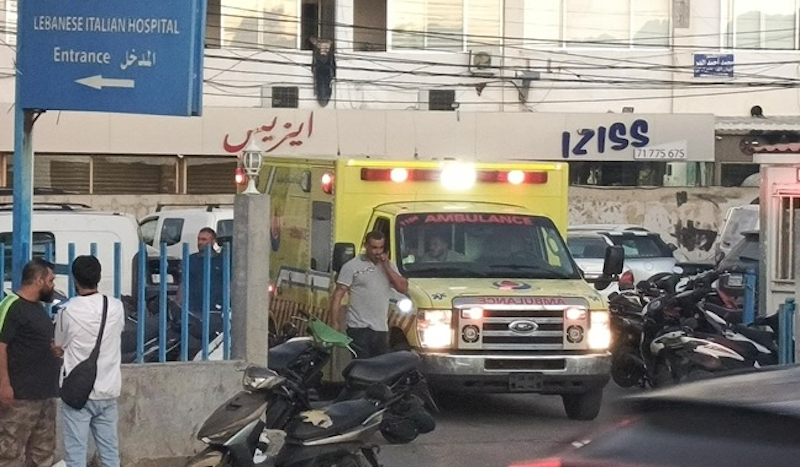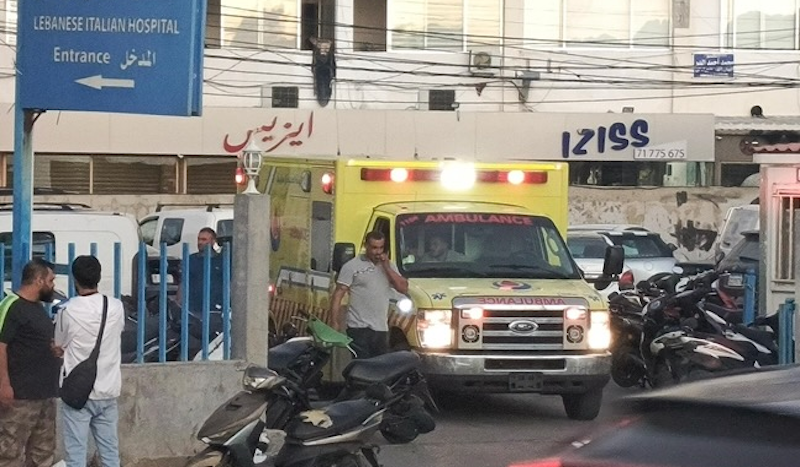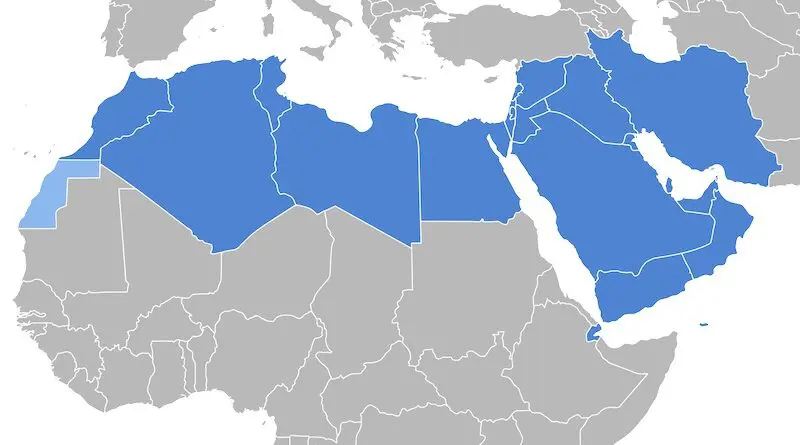Putin Lowers Threshold Of Nuclear Weapons Use In Dramatic Warning Aimed At NATO
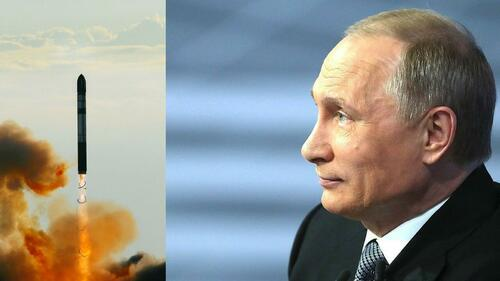
At a moment the West – especially the US and UK – are still mulling whether to allow Ukraine forces to attack Russian territory using NATO-provided long-range missiles, President Vladimir Putin has just issued a hugely significant statement regarding his country’s nuclear doctrine.

